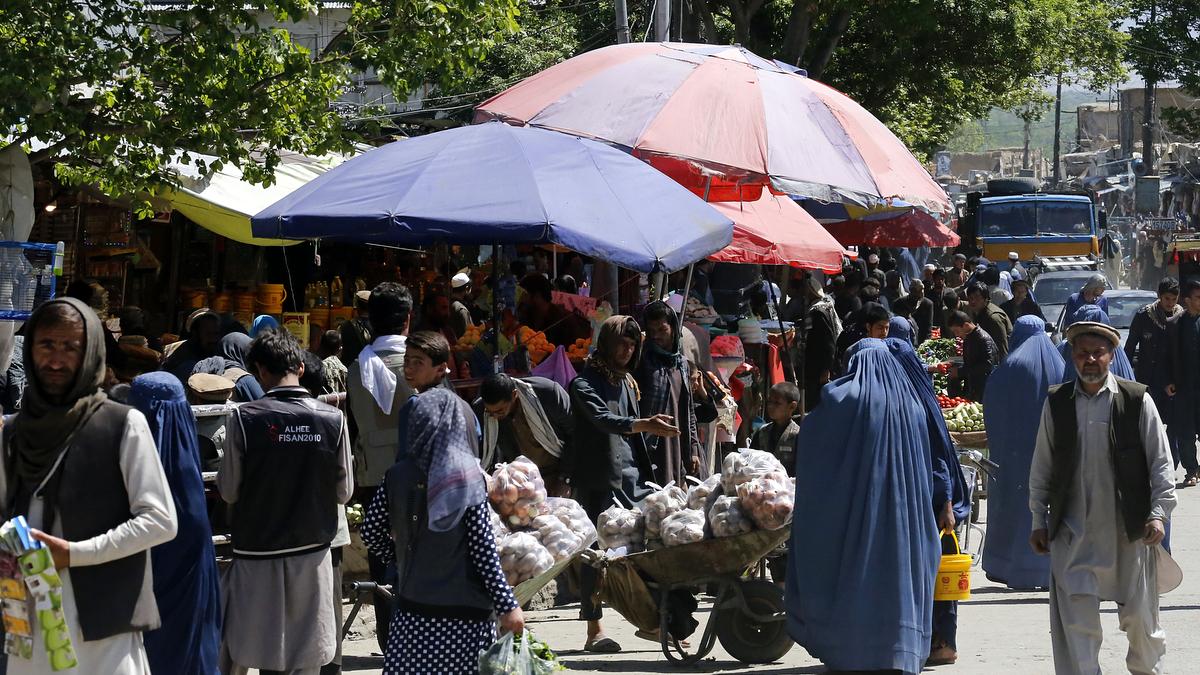MAHMUD RAQI - In the central region of Afghanistan, the United Nations is continuing an initiative to leverage the power of local communities to work together toward resolving conflict peacefully.
During a special radio programme broadcast in and around the Kapisa’s capital city, religious scholars, women’s rights activists and other community leaders spoke about the personal impact of the conflict on their lives and the important role communities can play to address that conflict.
Those interviewed for the programme agreed that the province’s conflict is driven by a wide variety of complex and interrelated factors, and many concluded that the solutions will take time, resources and courage.
Qazai Abdul Waris Rohani, the head of the provincial Conflict Resolution Commission, spoke during the programme about several encouraging examples of local conflicts that have been successfully mediated by the Commission.
“Since its establishment, the provincial Conflict Resolution Commission has resolved hundreds of small conflicts in Kapisa, and has prevented them from widening and deepening,” he said.
Others interviewed for the programme talked about the importance of religious scholars speaking out against the ongoing conflict, and the role that women, youth and all other members of Kapisa’s communities can play in addressing disputes as soon as they emerge.
In discussing the role of religious scholars, a representative of the Haj and Religious Affairs Department, Maulavi Zahir Shah, said in the programme that engaging religious scholars in conflict resolution occurs through weekly meetings that look at the province’s conflicts and advises religious scholars on specific messages of peace to build local harmony.
The participants in the broadcast together encouraged all Kapisa residents, as part of their ethical, social and legal obligations, to play a role in building social harmony through enhancing their knowledge and exercising their social and political rights, adhering to rule of law and informing the government about suggested measures to improve their lives.
The radio programme, jointly organized by UNAMA’s central regional office and local media outlet Sada-e-Nijrab, is part of a series of outreach events designed to engage local communities in discussions on key social and political issues, including exercising their constitutional right to participate in democratic processes.
The programme was broadcast in Kapisa’s capital to an audience estimated at 200,000 people. Kapisa, while being the smallest province in the country, is among the most densely populated after Kabul. It is inhabited by several ethnic groups and is home to Al-Beroni University, the fifth largest in the country.
UNAMA is mandated to support the Afghan Government and the people of Afghanistan as a political mission that provides 'good offices' among other key services. 'Good offices' are diplomatic steps that the UN takes publicly and in private, drawing on its independence, impartiality and integrity, to prevent national and international disputes from arising, escalating or spreading.
UNAMA also promotes coherent development support by the international community; assists the process of peace and reconciliation; monitors and promotes human rights and the protection of civilians in armed conflict; promotes good governance; and encourages regional cooperation.






